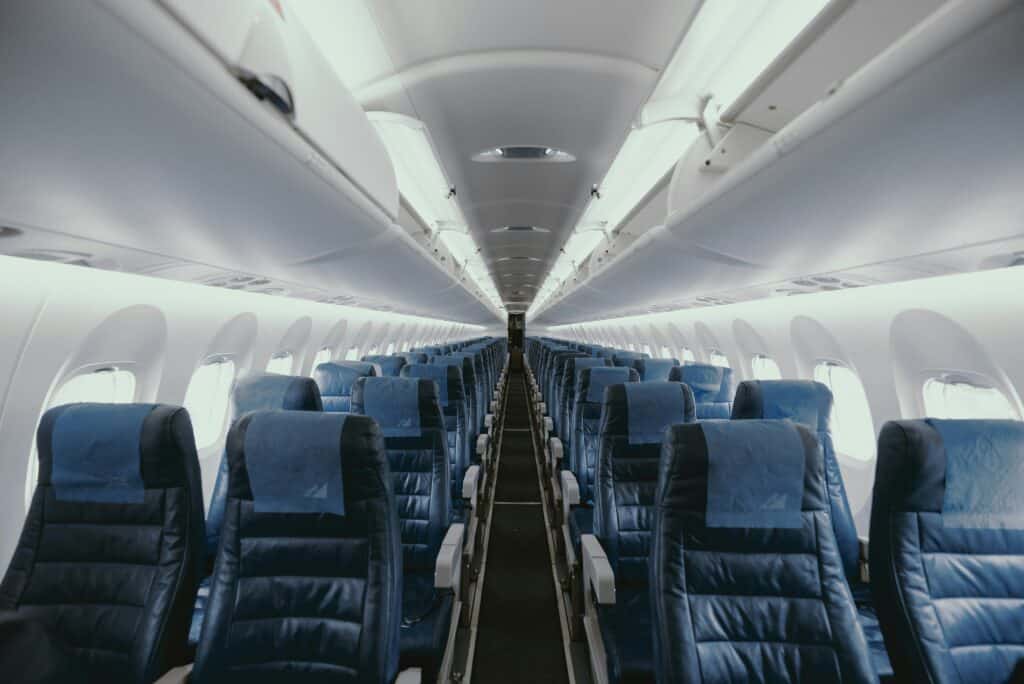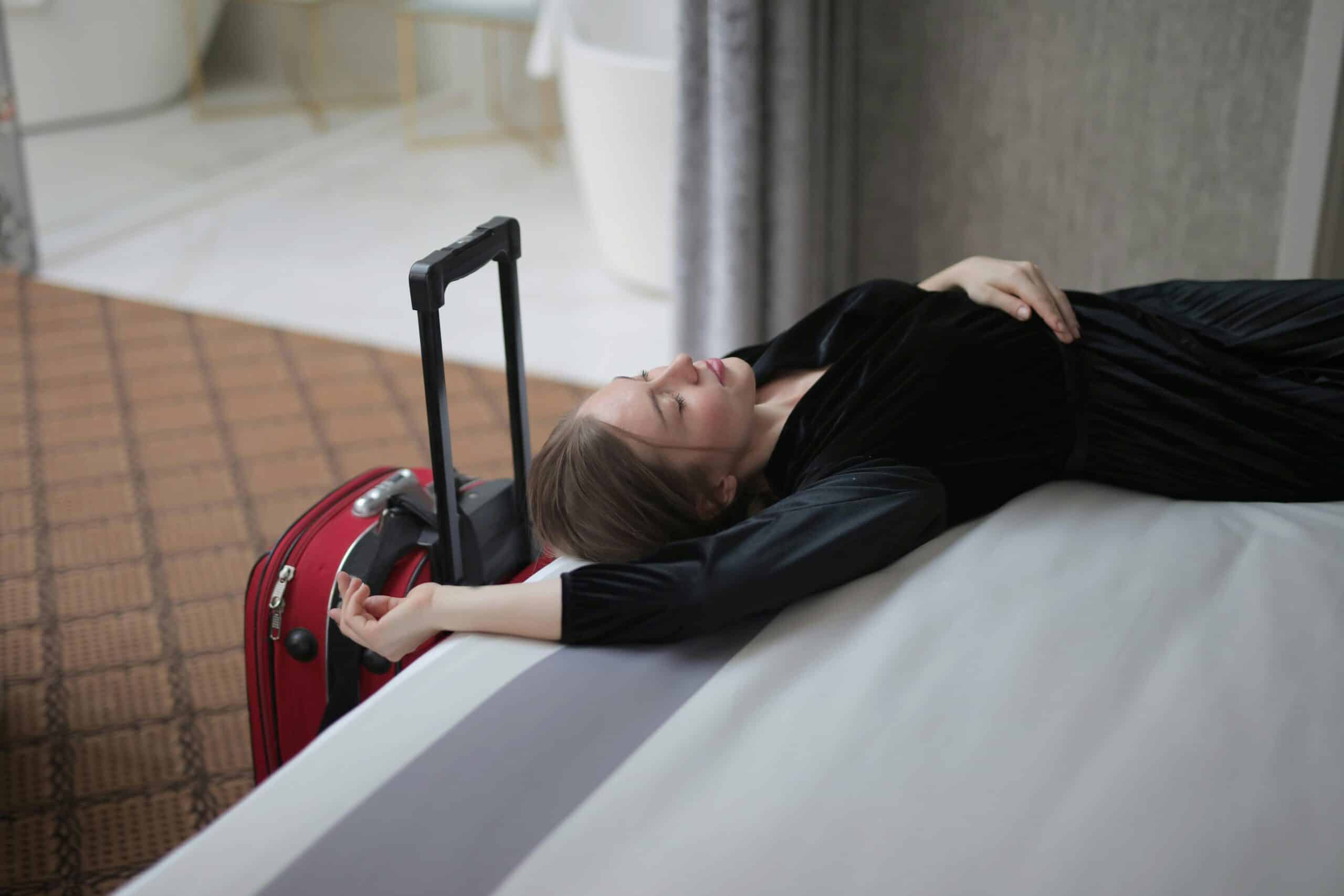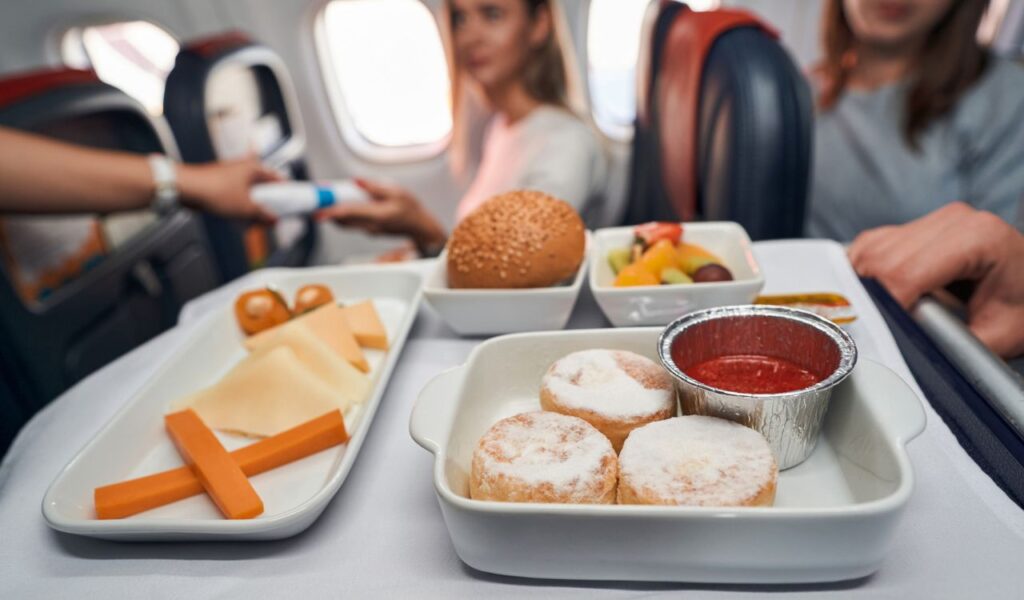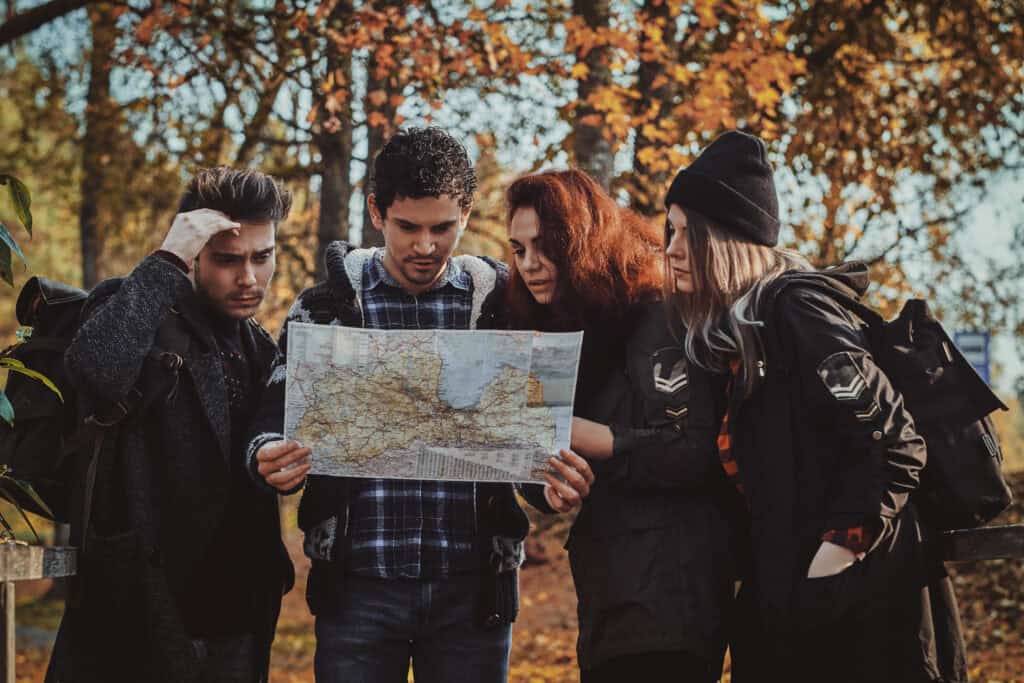We may earn money or products from the companies mentioned in this post. This means if you click on the link and purchase the item, I will receive a small commission at no extra cost to you ... you're just helping re-supply our family's travel fund.

Travel can add years of joy to a life, but the way someone travels can quietly pull in the other direction. Longevity researchers keep coming back to the same pillars: movement, sleep, food quality, stress, and what a person puts into the body. Vacations often trample all five at once. Flights are longer, drinks are stronger, and schedules get rougher. Over time, those patterns matter as much as any gym habit or checkup back home. Experts warn that repeated small choices on the road can reshape long-term health.
Turning Long-Haul Flights Into Sitting Marathons

Many travelers treat long-haul flights as a chance to sit still for ten or more hours, glued to a screen. Longevity specialists worry about that combination of cramped seats and immobility, because it slows blood flow in the legs and raises the risk of clots that can reach the lungs. Even when nothing dramatic happens, repeating that pattern often can chip away at vascular health in the background. Simple habits like regular aisle walks and calf exercises are small, protective counterweights.
Treating Jet Lag As A Badge Of Honor

Chronic jet lag is not just annoying; it is a repeated shock to the body’s internal clock. Longevity experts point out that frequent time zone hopping mimics some patterns seen in shift work, which is tied to higher risks of heart disease and metabolic problems. When travelers constantly land exhausted and force quick resets with caffeine or alcohol, the body never truly aligns, and repair processes stay off-balance. Over years, that quiet strain can matter more than any single dramatic event.
Living On Almost No Sleep While Traveling

Red-eye flights, late dinners, and early tours often add up to nights of four or five hours of sleep. Researchers studying longevity now treat chronic sleep debt as a major threat, linking it to weaker immunity, inflammation, and higher cardiovascular risk. On the road, many people push through with sugar and coffee, assuming recovery will happen later, while the body quietly tallies each short night as another small hit to long-term resilience. The pattern matters far more than any single wild weekend.
Using Every Trip As An Excuse To Binge Drink

Vacations are where many adults quietly move their drinking from moderate to heavy, stacking cocktails before flights, at pools, and late at night. Longevity experts and cancer researchers keep warning that there is no harmless free pass just because the setting feels festive. Regular binge patterns are linked to hypertension, heart problems, liver damage, and higher cancer risk, even in people who seem otherwise fit. Short-term relaxation can come at a long-term cost that is easy to ignore in the moment.
Roasting In The Sun Without Protection

Many travelers arrive in sunny climates determined to leave with a deep tan, brushing off sunburns as a vacation souvenir. Longevity and dermatology specialists describe that pattern very differently, as a series of small radiation injuries that drive up lifetime skin cancer risk. Hours spent unprotected on beaches, boats, or snowy slopes also age the skin faster and strain the eyes. Simple habits like shade, clothing, and thoughtful sunscreen use are boring, but they are the real anti-aging tools.
Eating Like Health Rules Do Not Exist On Vacation

On the road, many people drop every eating habit they practice at home and lean hard into fried food, sugary drinks, and oversized portions. Longevity experts understand the emotional pull, yet they also see how repeated ultra-processed, salty, and sugary meals fuel weight gain, insulin resistance, and long-term heart risk. When every trip is treated as a license to abandon basic nutrition, the cumulative effect can quietly undo years of careful effort between vacations. Enjoyment and health can coexist when treats are balanced with real, fiber-rich food.
Choosing Trips That Erase All Movement

Some travel styles chain together airport lounges, car seats, and hotel beds with almost no real movement between them. Longevity research keeps reinforcing how essential daily physical activity is for blood vessels, muscles, mood, and long-term independence. When trips routinely strip away walking and replace it with queues and screens, the body loses an easy opportunity to defend itself against aging. Even simple habits like stairs, strolls, and stretching can shift the trajectory over years.
Letting Trip Stress Stay In Overdrive

Many travelers design hypercompressed itineraries that leave no room for rest, then spend days racing between sights while worrying about delays. Longevity specialists point to chronic stress hormones, elevated blood pressure, and inflammation as quiet drivers of early disease. When every trip feels like a test to pass rather than time to breathe, the nervous system never really comes down. Over decades, that constant strain can matter as much as diet or exercise in shaping lifespan.